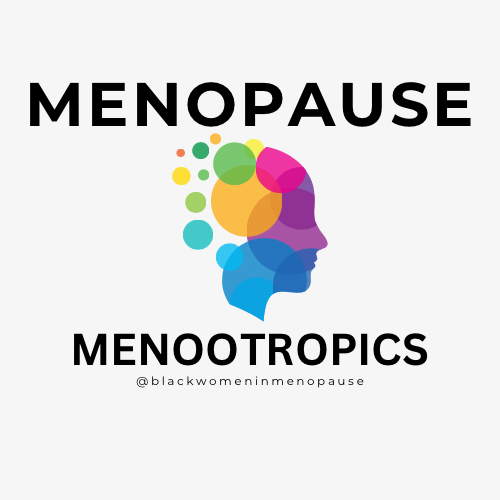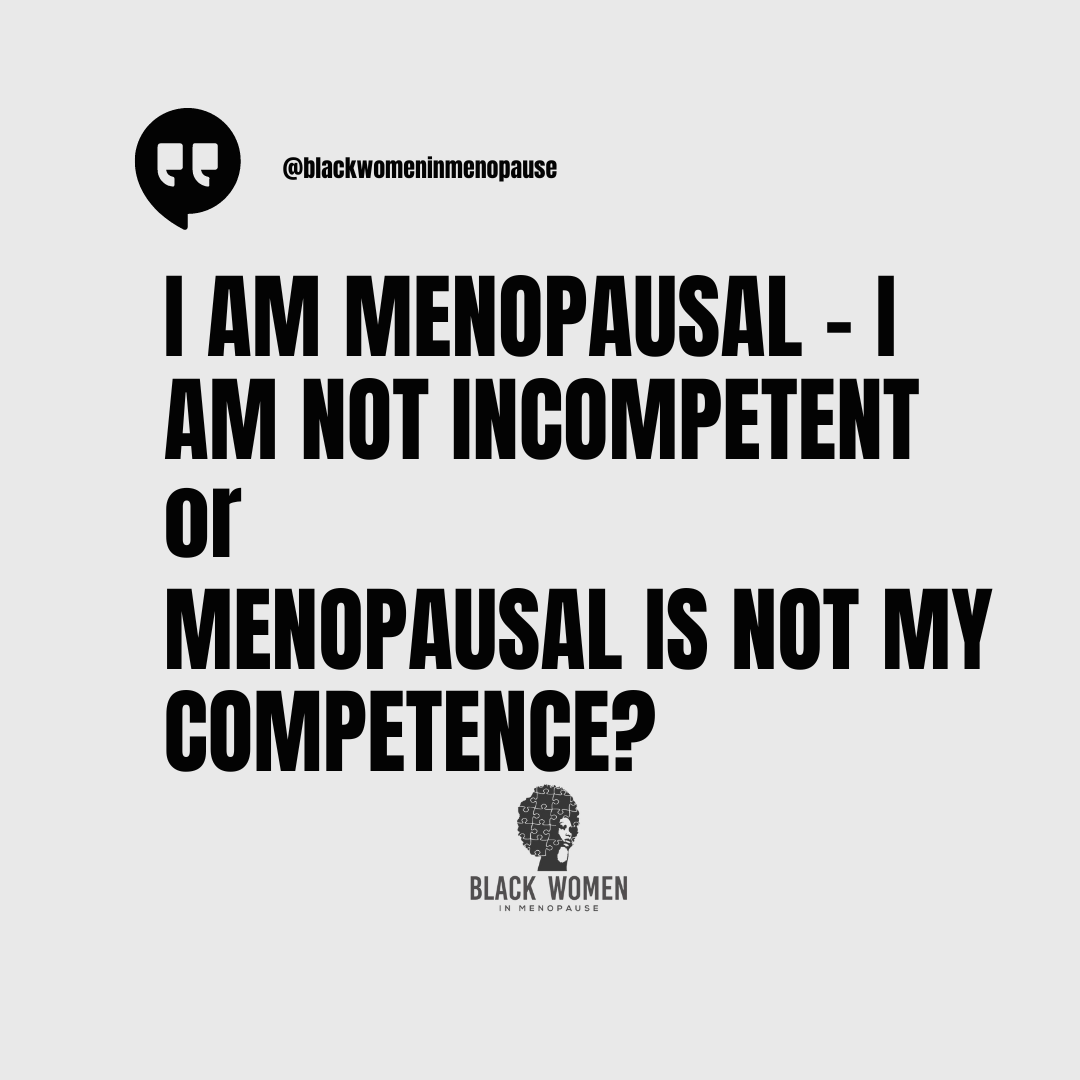Menopause Map System
Menopause Map System
Do we need a menopause map similar to the obesity map?
A "menopause system map" would be a visual representation of the complex and interconnected factors that influence the experience of menopause. It could include also those that it indirectly affects too. It would recognise that menopause is not solely a biological event but a multifaceted process that is shaped by various factors. Those such as biological, psychological, social, environmental, economic influences, language and communication, health disparities, intersectionalities, media, and cultural factors are some examples. Here's our take of what such a map might entail with a little more context to them:
1. The biological factors, could be at the core of the menopause system map involve the physiological changes individuals undergo during this life stage. This would include the decline in estrogen production, leading to various physical and psychological symptoms such as hot flashes, mood swings, and changes in bone density as an example. These biological aspects are essential to understanding the menopausal transition.
2. Cultural and societal factors, these would acknowledge the diversity in cultural beliefs, societal attitudes, and the role of support networks. Cultural norms can influence how menopause is perceived, discussed, and experienced by individuals.
3. Language and communication, this could highlight language barriers that can impede access to healthcare and information about menopause. Inadequate communication can be a significant issue for some groups.
4. Health disparities by race and ethnicity. this would highlight the varying rates of menopause related health conditions, such as osteoporosis, heart disease, and mental health issues. This could help identify areas with the greatest need for intervention.
5. Global and policy factors, would emphasise the role of international organisations, governments, and policies in shaping the menopause experience. Regulations, research funding, and public health initiatives all have a bearing on the support and resources available to individuals during this life stage.
The menopause system map could be a tool for policymakers, healthcare professionals, and researchers to understand the multifaceted nature of menopause. It may recognise that addressing individuals health during this life stage requires a holistic approach, taking into account the intersection of these factors. By considering this ‘comprehensive’ image, we may be able to better develop strategies and interventions that support individuals as they navigate the menopausal transition.
Note - It’s essential to remember that maps should be interpreted with caution. The menopause map would have multiple contributing factors that may not align precisely on a map.






